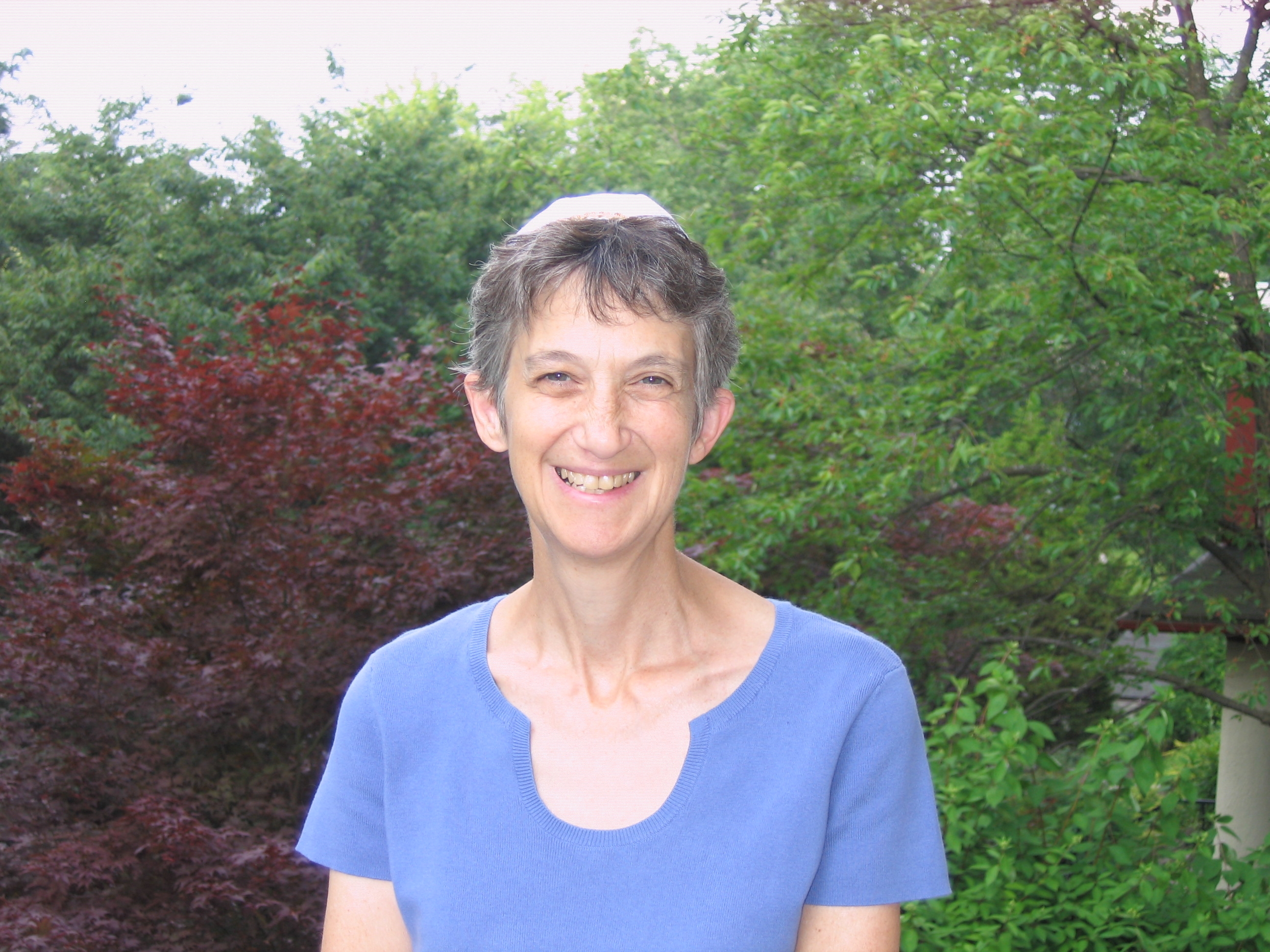“Hope is essential to our capacity to create justice. We have to believe in things we have never seen.” These are the words of Bryan Stevenson, founder and executive director of the Equal Justice Initiative, an advocacy group that opposes mass incarceration and racial injustice.
In the face of the racially motivated murder of nine innocent people at Mother Emanuel AME Church in Charleston, S.C. last month, mass incarceration of young men of color, and the ongoing shooting of unarmed black men by law enforcement, it is understandable that many feel hopeless about achieving racial justice in the United States.
The daughters of Zelophehad provide us with an inspiring example of women who believed in something they had never seen. Women in ancient Israelite society had no power or status, yet these brave women stood up in front of the male leaders of the community and demanded justice. They did not beg or plead. They said: “Let not our father’s name be lost to his clan just because he had no son. Give us a holding among our father’s kinsmen.”
Moses took their case to God, who responded, “Their plea is just; transfer their father’s share to them.” God enacted this as a general law: “If a man dies without a son, his property will be transferred to his daughters.”
By their actions and their words, the daughters of Zelophehad brought Torah into the world. This magnificent story about the ability of human beings to demand justice and create change became part of our sacred text, so that we too can believe in our power to create justice that we have never seen.
Autherine Lucy believed in something she had never seen. The daughter of a Black sharecropper in Alabama, Lucy applied to the University of Alabama in 1956. A year earlier Brown v. the Board of Education had determined that segregated schools were illegal, and Lucy became a test case. She was admitted to the university and attended for three days before a mob threatened to kill her. The university’s response was to expel Lucy “for her own protection.”
Many people said that the racist mob had won, and at the time it did seem to be a victory for injustice. But even though this young woman did not achieve her immediate goal, her belief in justice that she had never seen opened the door to enormous changes. Today, the University of Alabama has the largest percentage of Black students of all the Southern universities.
There is also a personal postscript to Autherine Lucy’s story. In 1988 she was invited to speak to a history class at the University of Alabama. A student asked, “Did you ever try to re-enroll?” When she replied that she might consider it one day, two faculty members asked the university to overturn her 1956 expulsion. In April of 1988, 32 years after she was expelled, Lucy received a letter inviting her back. The next year she enrolled in a master’s degree program in elementary education. One of her daughters entered the university as an undergraduate at the same time. Four years later, when Lucy attended her daughter’s graduation, she was greeted with a standing ovation. A $25,000 endowed scholarship was created in her name and a portrait of her was unveiled on campus, which reads, “Her initiative and courage won the right for students of all races to attend the University.”
Rabbi Silvina Chemen, who serves Congregation Beth El in Buenos Aires, Argentina, writes: “Perhaps the most important legacy of Zelophehad’s daughters is their call to us to take hold of life with our own hands. When we believe in our capacity to shape history, to the point of being able to change even a law that came from the Revelation at Sinai, then we pay tribute to the daughters of Zelophehad.”1
Like the daughters of Zelophehad, like Autherine Lucy, our capacity to create justice in our world depends on believing in things we have never seen.
1The Torah: A Women’s Commentary, URJ Press, p. 986.
Rabbi Hannah Orden was ordained by the Rabbinical School of Hebrew College in Newton, MA. She currently serves as the spiritual leader of Congregation Beth Hatikvah in Summit, NJ.

